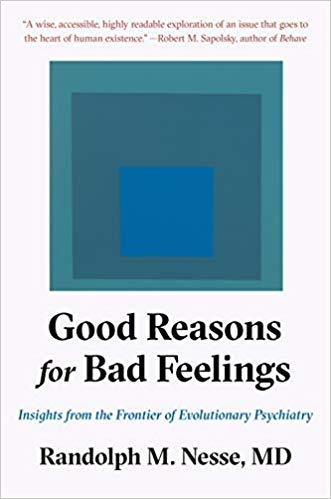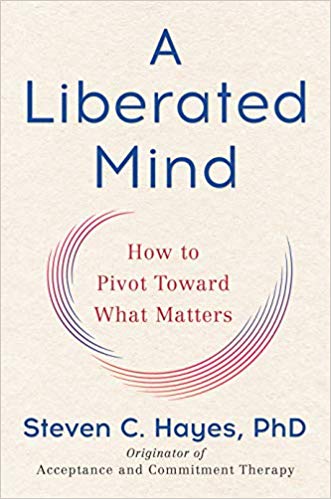Finished Reading: Good Reasons for Bad Feelings (Evolutionary Psychiatry)
A founder of the field of evolutionary medicine uses his decades of experience as a psychiatrist to provide a much-needed new framework for making sense of mental illness.
Why do I feel bad? There is real power in understanding our bad feelings. With his classic Why We Get Sick, Dr. Randolph Nesse helped to establish the field of evolutionary medicine. Now he returns with a book that transforms our understanding of mental disorders by exploring a fundamentally new question. Instead of asking why certain people suffer from mental illness, Nesse asks why natural selection has left us all with fragile minds.
Drawing on revealing stories from his own clinical practice and insights from evolutionary biology, Nesse shows how negative emotions are useful in certain situations, yet can become overwhelming. Anxiety protects us from harm in the face of danger, but false alarms are inevitable. Low moods prevent us from wasting effort in pursuit of unreachable goals, but they often escalate into pathological depression. Other mental disorders, such as addiction and anorexia, result from the mismatch between modern environment and our ancient human past. And there are good evolutionary reasons for sexual disorders and for why genes for schizophrenia persist. Taken together, these and many more insights help to explain the pervasiveness of human suffering, and show us new paths for relieving it by understanding individuals as individuals.

Comments Off on Finished Reading: Good Reasons for Bad Feelings (Evolutionary Psychiatry)


